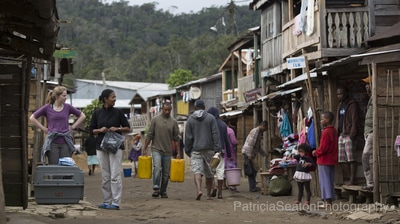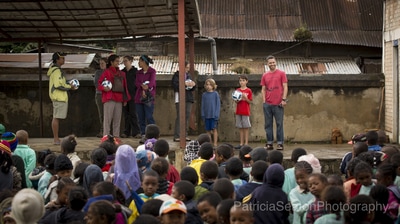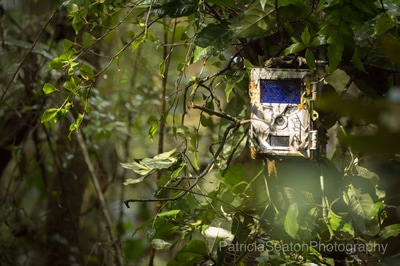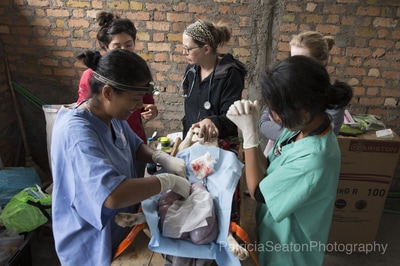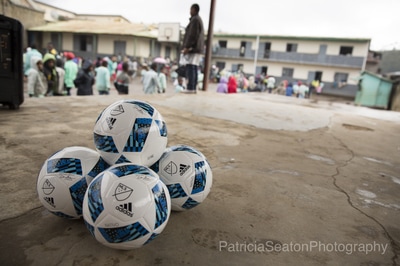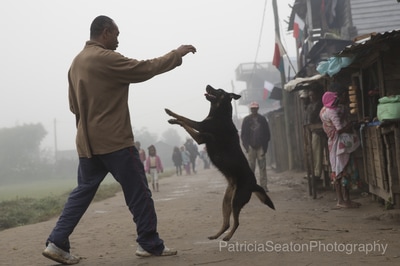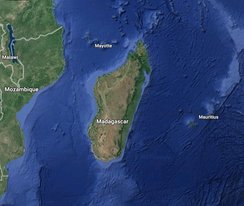
Madagascar
During two months in 2018 Travelling Animal Doctors, in cooperation with The Mad Dog Initiative (USA) and MICET (MDG), will start their first large-scale veterinary field project in Andasibe National Park, Madagascar. The aims of this project are threefold; We will provide free spay/neuter services and general veterinary care for owned and stray animals living in and around the national park, we will provide a training facility for local veterinarians and international students, and to ensure the longevity of our work, we will run a variety of outreach and educational events and activities regarding proper animal care and treatment, as well as the importance of protecting the biodiversity of the national park. In addition, we will collect blood and fecal samples from dogs and wildlife to proof and demonstrate the risk of domestic animals as a vector for diseases that can spread through wildlife. We will collect and analyze camera trap- and transect survey data that will give us more insight into how domestic animals interfere with the endangered wildlife of Madagascar; wildlife that is found nowhere else on earth.
Please come back soon and read all about how you can help to save the critically endangered wildlife of Madagascar!
During two months in 2018 Travelling Animal Doctors, in cooperation with The Mad Dog Initiative (USA) and MICET (MDG), will start their first large-scale veterinary field project in Andasibe National Park, Madagascar. The aims of this project are threefold; We will provide free spay/neuter services and general veterinary care for owned and stray animals living in and around the national park, we will provide a training facility for local veterinarians and international students, and to ensure the longevity of our work, we will run a variety of outreach and educational events and activities regarding proper animal care and treatment, as well as the importance of protecting the biodiversity of the national park. In addition, we will collect blood and fecal samples from dogs and wildlife to proof and demonstrate the risk of domestic animals as a vector for diseases that can spread through wildlife. We will collect and analyze camera trap- and transect survey data that will give us more insight into how domestic animals interfere with the endangered wildlife of Madagascar; wildlife that is found nowhere else on earth.
Please come back soon and read all about how you can help to save the critically endangered wildlife of Madagascar!
Photo credit: Patricia Seaton Photography
